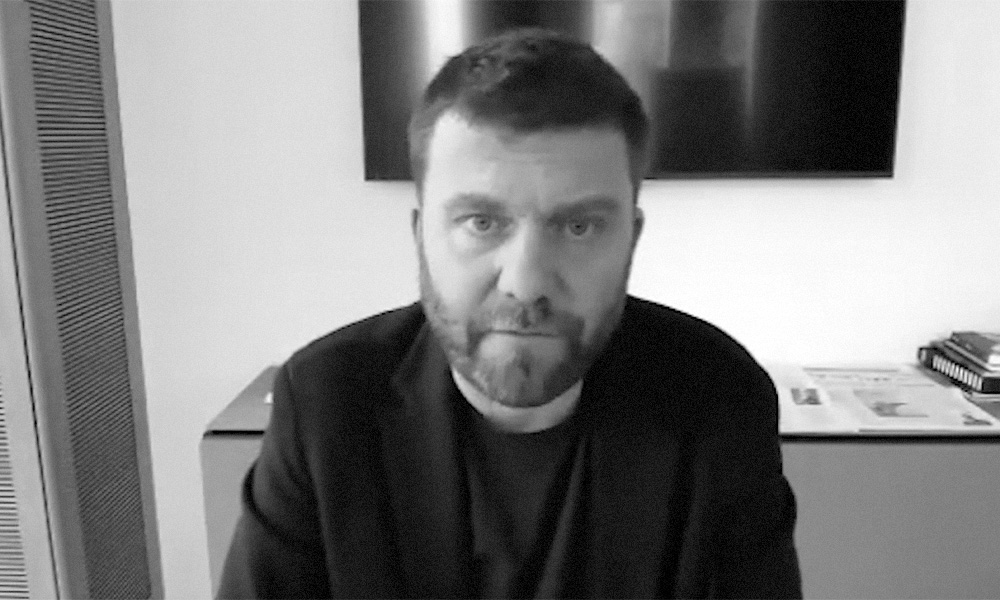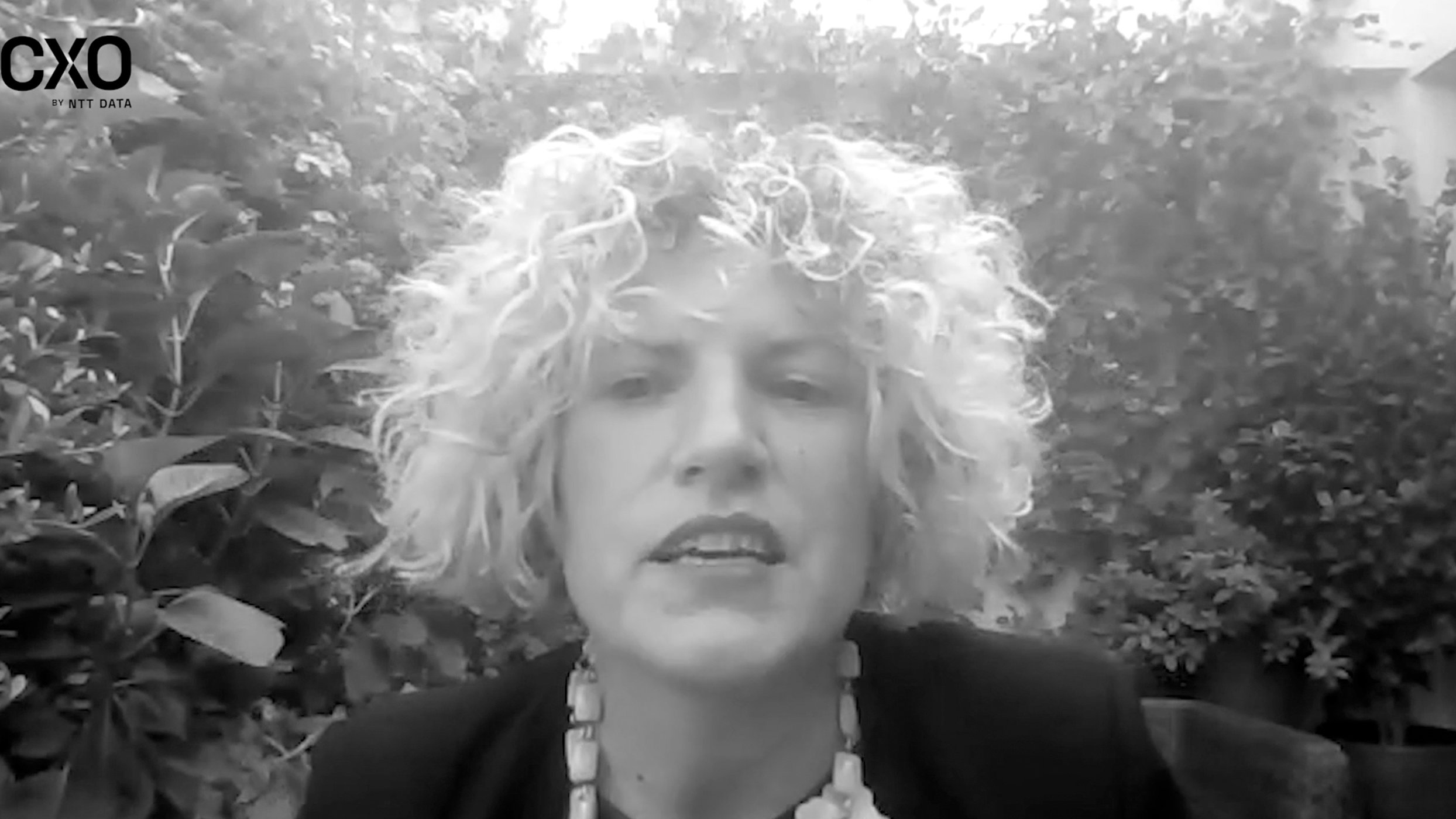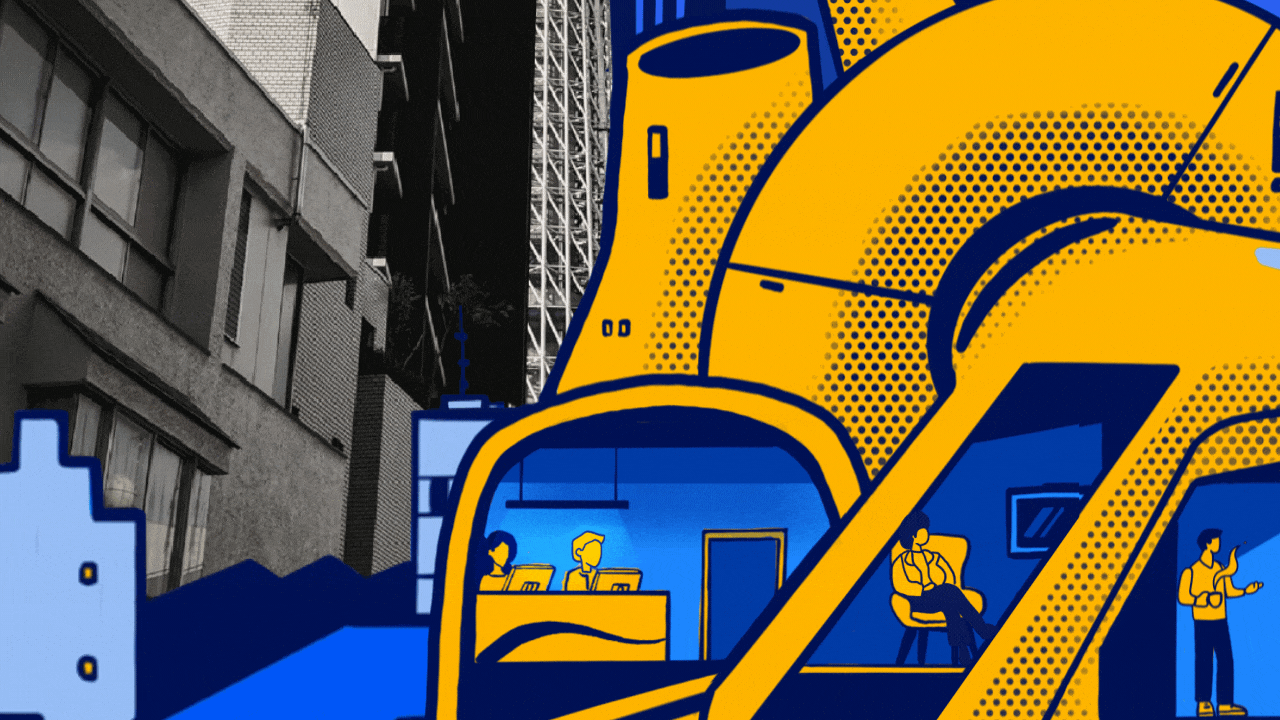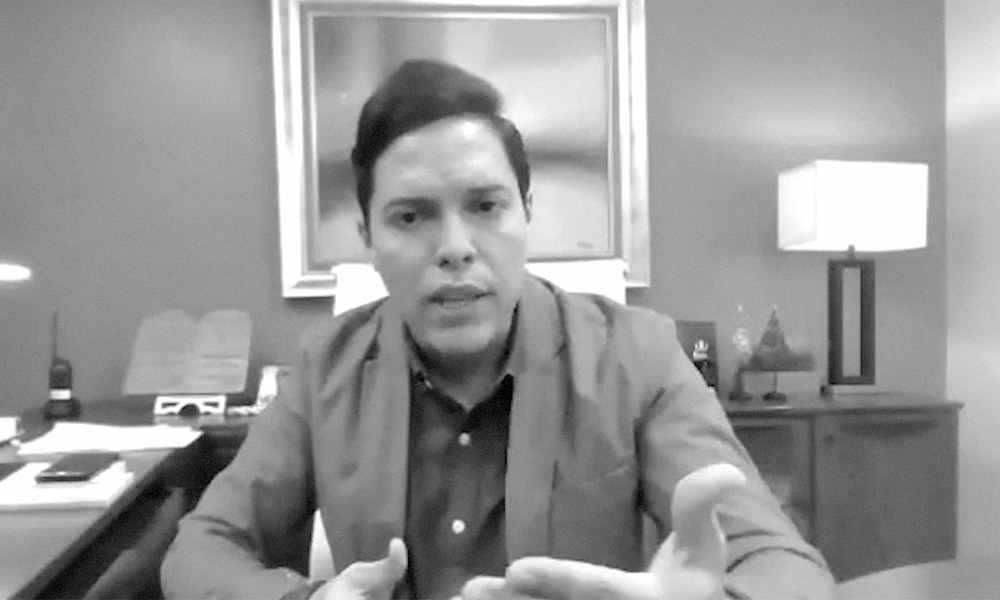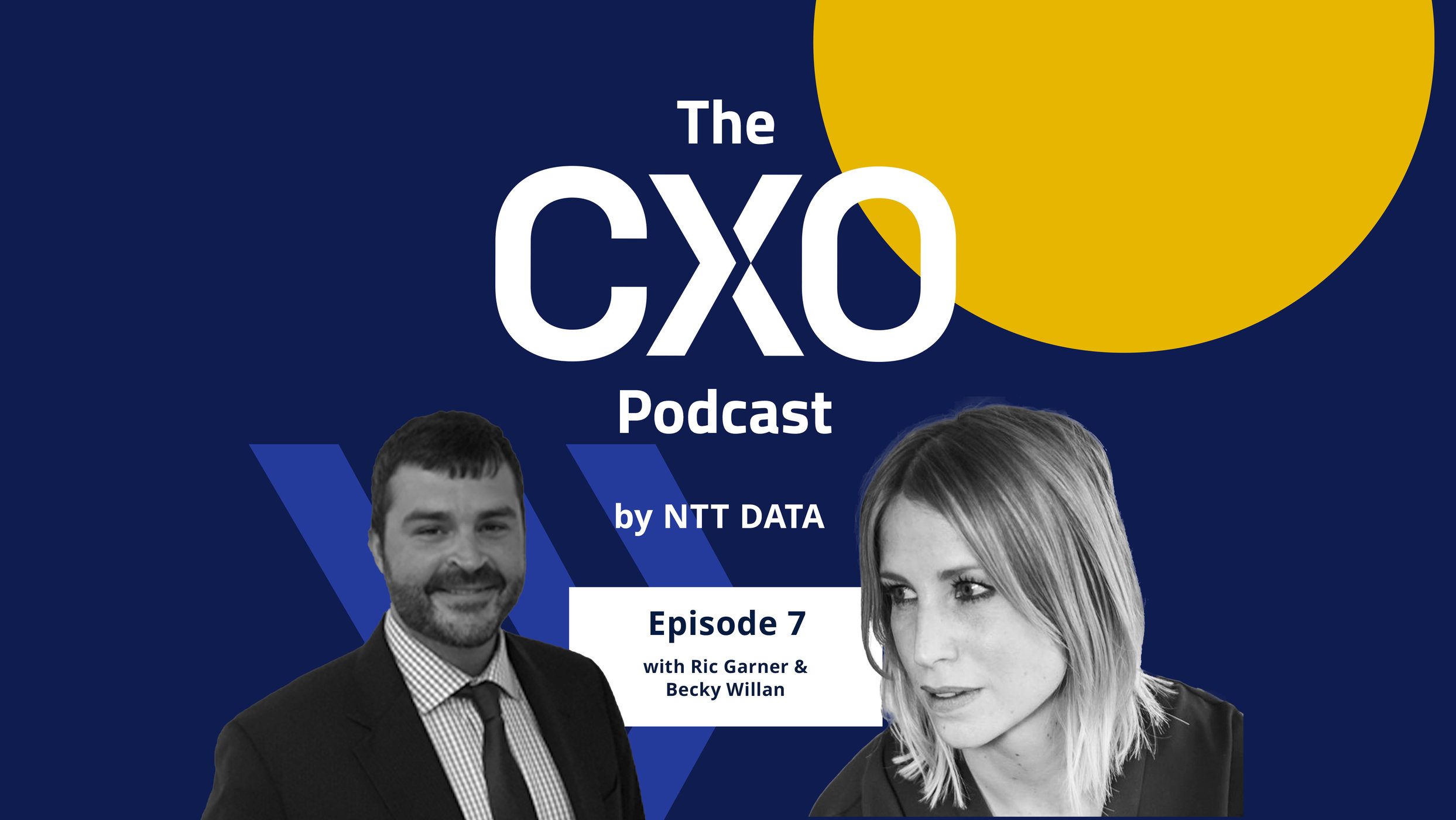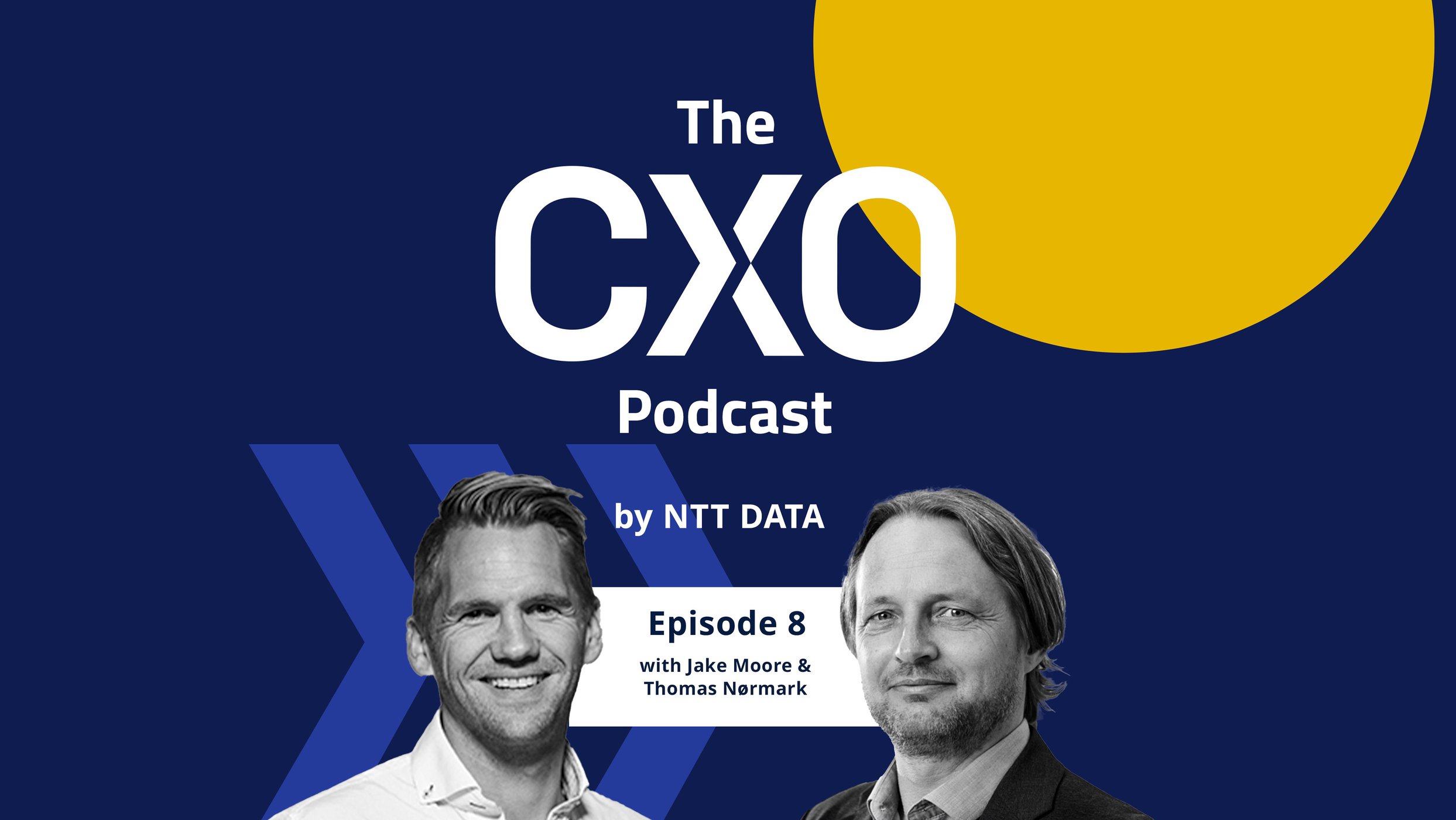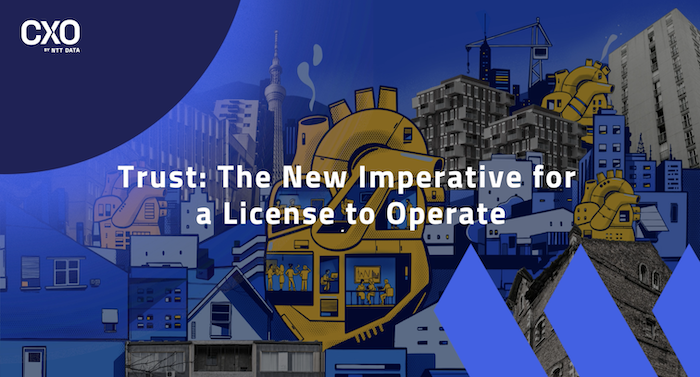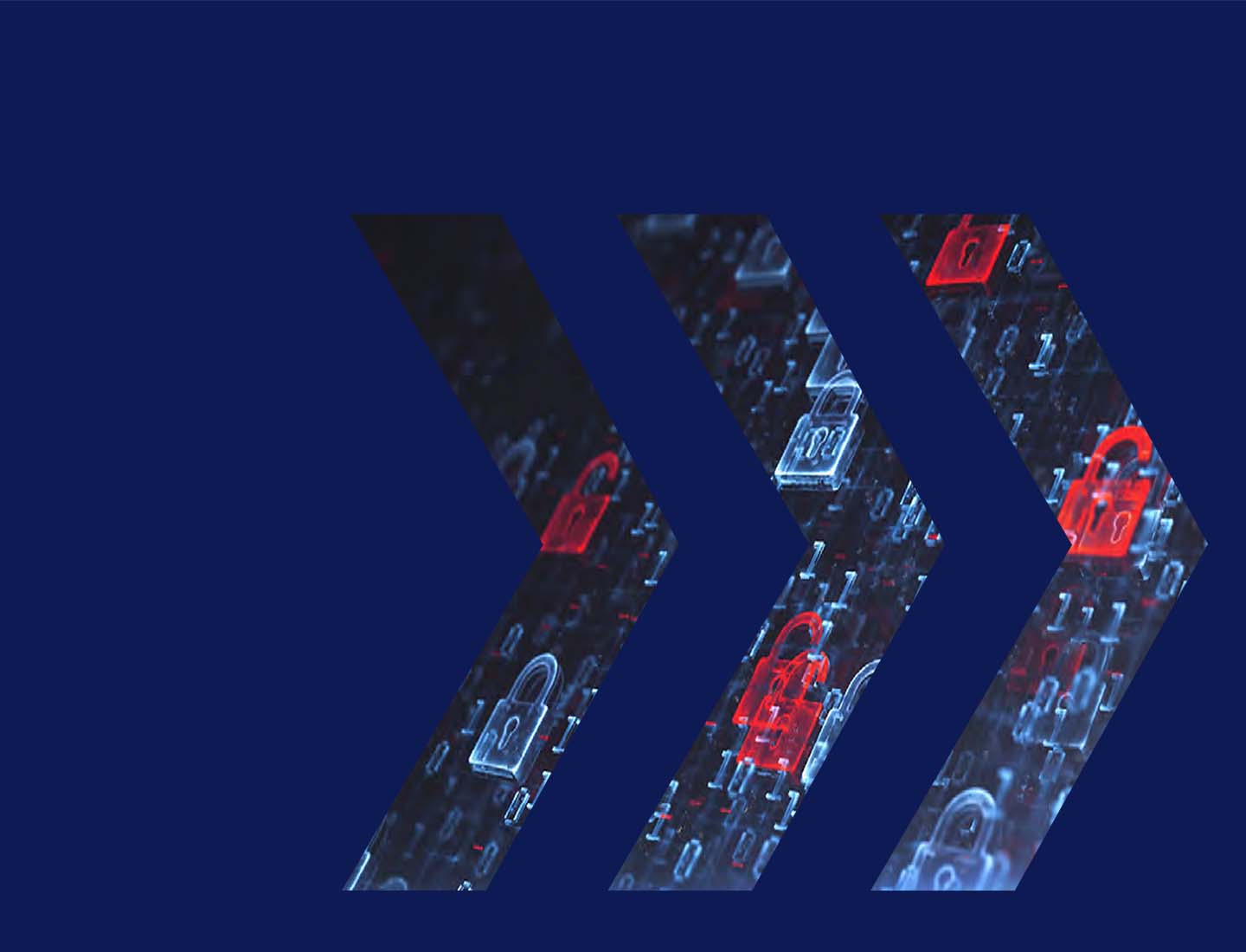As modern businesses, we are all on a journey to prove that we can be trusted. This isn’t just essential for attracting customers and maintaining their loyalty, but also to win out in the war for talent. Trust forms the basis for a harmonious, mutually beneficial relationship between businesses and society. Trust’s value, therefore, is immense – and the difficulty in building and maintaining it is proof of the challenge facing us all today.
For me, a crucial cornerstone of trust is consistency. To be trusted, organizations must not only follow through on what they say, but also be honest when they are not behaving as well as they could (or should) be. Consistency not just of action, but of moral leadership too, is all-important.
Being transparent about less-than-ideal corporate behaviors is challenging, and feels perhaps counterintuitive – after all, the old school of management thinking would recommend building reputation through claiming perfection (or at least, claiming no wrongdoing). But times have changed.
An epidemic of distrust
Across society, doubt and disbelief are growing problems, with once-trusted organizations and authority figures now being regarded with skepticism. In the US, for instance, only 19% of millennials – the largest generation in the nation’s workforce – believe other people can be trusted; meanwhile public trust in many institutions is at historic lows.
Several elements have converged to create this current climate of distrust. Social and economic disruption, geo-political tensions and new technologies all play a part, and citizens and institutions alike are struggling to know where to turn. The latest Edelman Trust Barometer report talks of a “vicious cycle of distrust fueled by a growing lack of faith in media and government”, reflecting the general public opinion that much (if not all) of what we hear reported in the news has a commercial or political agenda.
People also increasingly doubt what they are told by businesses, with 63% of respondents to Edelman’s survey worrying that business leaders purposely try to mislead them by saying things they know to be false (or gross exaggerations).
This crisis of trust is hitting close to home. In the UK and Spain, for instance, 79% of consumers say they are increasingly mistrustful of companies, while in France, Canada, Australia, Italy and India that figure is even higher.
Trust takes time to build, but can be lost in an instant… While this obviously presents a real threat to organizations with questionable practices, it also creates an immense opportunity.
Organizations must tread carefully: in our digital age, any mismatch between words and actions is all too easily exposed on social media. Trust takes time to build, but can be lost in an instant – all it takes is reading an exposé of bad corporate behavior. While this obviously presents a real threat to organizations with questionable (or seemingly questionable) practices, it also creates an immense opportunity for those that can demonstrate authenticity and social responsibility.
Acting responsibly attracts consumers. They want to feel they are dealing with organizations that are fundamentally good, and have a purpose and agenda beyond mere self-interest. This shift in consumer attitude is a long way from the Friedman Doctrine of the 1970s, when the economist Milton Friedman argued that it was the social responsibility of corporations to maximize shareholder returns above everything else. But now, as Simon Sinek put it in his seminal TED Talk, “People don’t buy what you do or how you do it, they buy why you do it.”
Trust, and the ability to create and retain it, is fast becoming the currency of successful business – and those who spend it well will see their value rise.
Every crisis is an opportunity
The opportunities to increase business trust are plentiful – and the rewards are great. Companies that are purpose-led, who are champions of privacy and authenticity, and whose behaviors match their words (i.e. high-trust businesses) will be the ones who thrive in a world of increasingly discerning and skeptical customers, employees and investors.
Employees at high-trust companies report less stress, fewer sick days, more engagement and satisfaction – and, all-importantly in today’s war for talent, they plan to stay with their employers.
The investment pays off. Organizations on Fortune’s 100 Best Companies to Work For, a status that can’t be acquired without a high-trust culture, outperform the market by nearly three times.
Talent gravitates towards trust
One of the underlying reasons that high-trust businesses outperform their peers is that talent gravitates toward such organizations. Employees are talking with their feet, leaving workplaces where trust is low. According to research by The Workforce Institute, almost a quarter of employees say they have left a company largely because they did not feel trusted.
As we all know, trust has been tested as never before over the last couple of years by the shift to working from home, driven by the pandemic. Not having direct oversight of employees was a difficult ask for businesses that regarded employee input (being at their desk in a centralized workplace) as more important than employee output (how productive they were).
And while the hybrid working model is now established, some organizations have struggled to put trust first, and instead have turned to ‘bossware’ – productivity monitoring software that tracks an employee’s online activity – to ensure their workers aren’t shirking. American business news channel CNBC reported that interest in one such product, Prodoscore, leapt by 600% in the second quarter of 2020 as countries began to institute lockdowns. That doesn’t seem very trusting.
If your team trusts you, they’ll have confidence in your decisions. This confidence in your leadership will see them through uncertain and turbulent times.
But trust is reciprocal: leaders can (and must) demonstrate their trustworthiness first, which can be done, for example, through:
- Showing dependability by following through (doing what you say you’ll do)
- Showing empathy by treating setbacks as learning opportunities and owning up to mistakes (supporting the individuals on your team)
- Showing respect by creating a diverse and inclusive environment (listening to all perspectives).
If your team trusts you, they’ll have confidence in your decisions. This confidence in your leadership will see them through uncertain and turbulent times. The same can be said of the relationship with consumers.
In fact, the employee experience is now becoming a differentiator for consumers as well as staff: a recent HBR article reported that a key element that establishes trust between consumers and companies – alongside ethical business practices, admitting mistakes quickly and honestly, and data protection and cybersecurity – is treating employees well.
New business models will demand trust
Whether an organization has a ‘trust agenda’ will depend very much on the leadership team and their determination to make it part of its culture and vision.
We are going to have to think differently about trust – not just because it is what consumers want, but because it is the only way that emerging business models can operate.
Those that embrace trust will place new emphasis on areas such as acting empathetically, being transparent in all deals, recognizing the need for social accountability, acting with integrity, and ensuring that the fundamentals of modern business, such as data security, are given the highest priority. But we are, I think, going to have to think differently about trust – not just because it is what consumers want, but because it is the only way that emerging business models can operate.
Let’s look for a moment at the rise of the anything-as-a-service (XaaS) model where, rather than buying products upfront, customers pay for them through a subscription model that may be based on access or pay-per-use. We’re probably quite used to this in the consumer sector, but it’s now happening in areas such as industrial equipment. Such models depend on trust because the supplier of an asset needs to effectively guarantee there will be zero downtime of the asset you are subscribing to.
We’re also moving towards a more interconnected economy, where many companies come together in partnership, bringing with them their own piece of expertise. The ecosystem that this creates depends on trusting others to do the right thing so that the whole thing works and delivers for everyone.
A data-centric world needs digital trust
We can only benefit from today’s data-centric world with transparency and trust. Trust and security in digital business models and the customer experience is no longer a nice-to-have; it’s an imperative.
Recently, we launched our Zero Trust Security Service, a highly secure environment designed to counter increasingly sophisticated cyberattacks amid changes in working styles, and greater use of cloud services and remote work environments.
This new offering is based on the introduction of a zero trust architecture to NTT Group’s 140,000 employees in 55 markets worldwide, as part of a global security governance overhaul. We’ve now systematized our expertise to provide customers with a comprehensive service, from consulting to architecture implementation and operation. Together with strategic global partners, NTT DATA has created a structure with more than 1,000 specialists able to provide services.
As such a central element to trust, security holds one of the keys to strengthening the relationship between businesses and our wider community. With data and information being so valuable and vast a resource to modern organizations, a zero trust approach to security is not only necessary but lucrative: according to Forbes, global revenue for the zero trust market is expected to reach $69.85 billion by 2028. Demonstrating trustworthiness pays dividends.
Trust equals value
Forward-thinking leaders understand that trust is an economic asset, and a crucial one. But more than that, placing trust as the new business imperative allows us, as organizations, to play a vital role in meeting global challenges head on.
Across society, we are facing challenges that we can only address together. The World Economic Forum recently wrote: “Purposeful, trustworthy businesses will play a key role in delivering ambitious programs for decarbonization, creating meaningful and fulfilling work, developing new technologies that solve entrenched problems, improving health and well-being, and achieving inclusive growth.” For me, this underlines that the purpose of business is to build trust – with stakeholders, employees and customers – and through that, deliver authentic services that meet genuine needs and legitimately improve lives.
Being transparent means having the humility to accept you have made mistakes. To own up, and to be straightforward about how you will avoid the same mistake next time, is the most powerful thing you can do.
Every organization is on the journey to be better at building trust. Being consistent is difficult, and being transparent means having the humility to accept you have made mistakes. To own up, and to be straightforward about how you will avoid the same mistake next time, is the most powerful thing you can do to prove you can be trusted. At NTT DATA we are on this journey too. As we strive to build trust not just through reliable services for clients, but through a diverse and inclusive culture, we recognize that this is an ongoing imperative.
In their 2021 report on trust, Forrester called out that – by connecting with customers, attracting the top talent, and creating unrivaled models of engagement – trusted organizations will be those who succeed in the coming decade: “This is your moment to earn trust from your customers, partners and employees if you want to drive revenue-generating loyalty.”
I believe this is our moment, to prove that we are leaders that can be trusted; trusted to be drivers of meaningful change and cooperative action that, together, protects our future.



